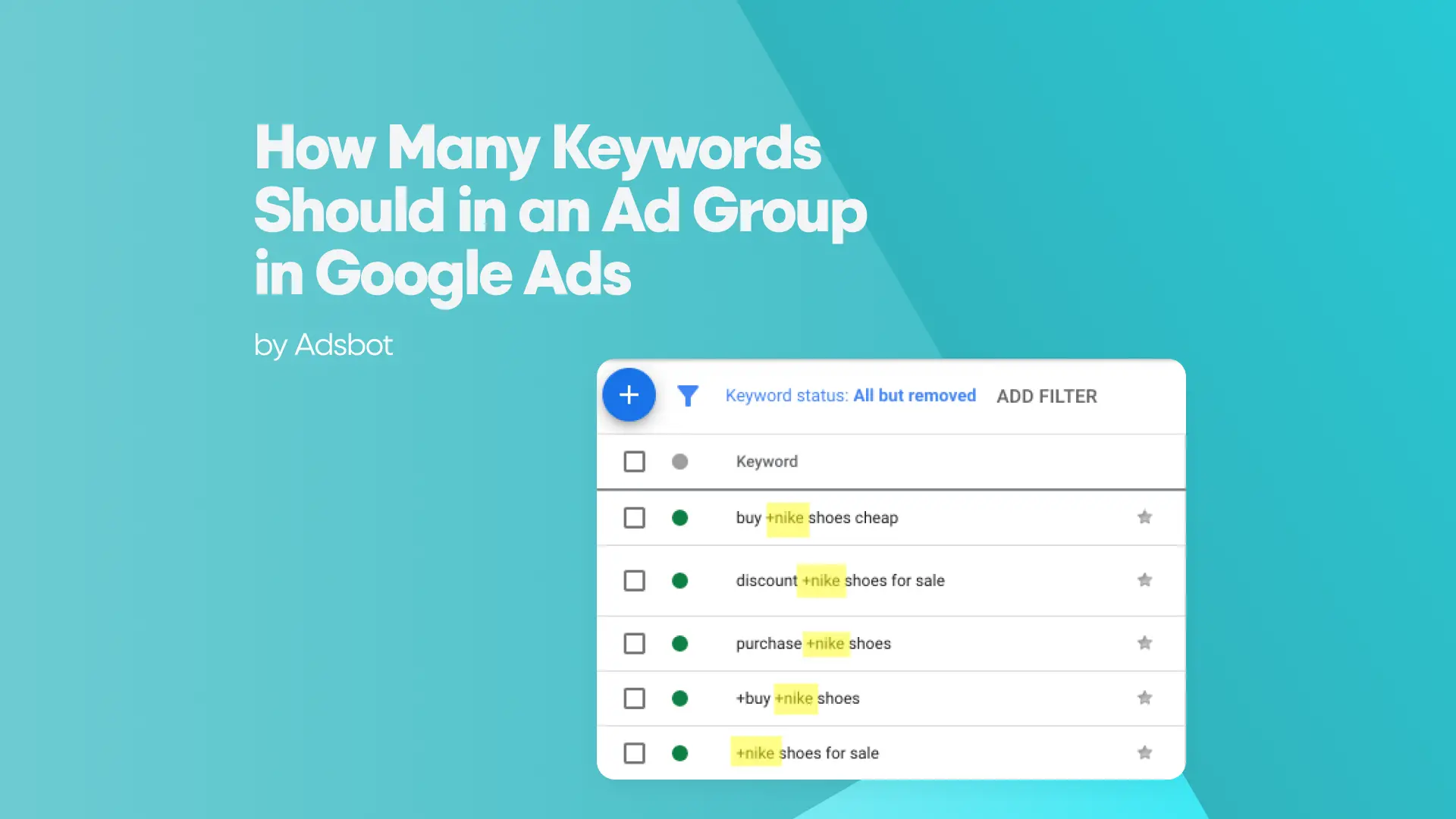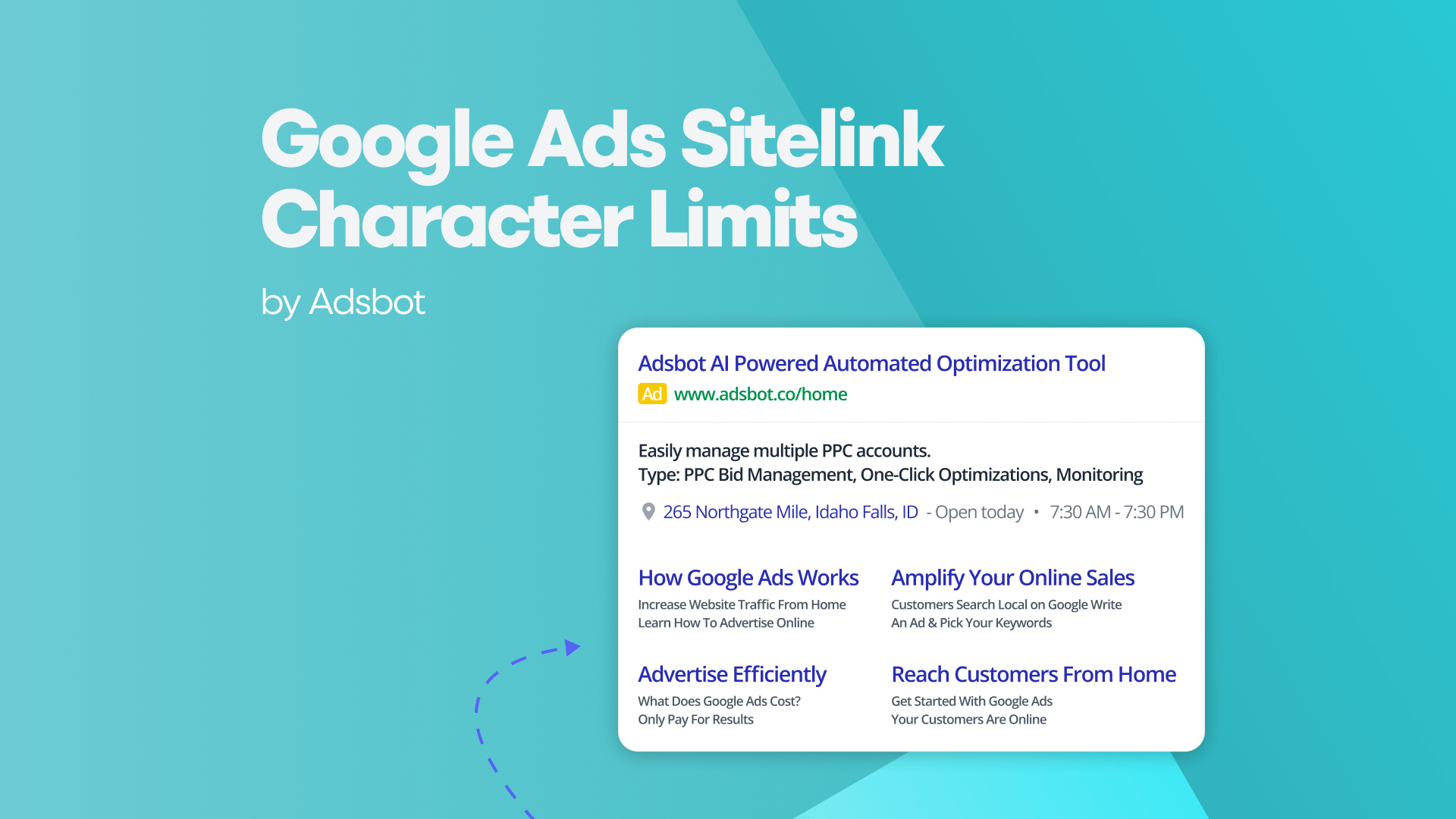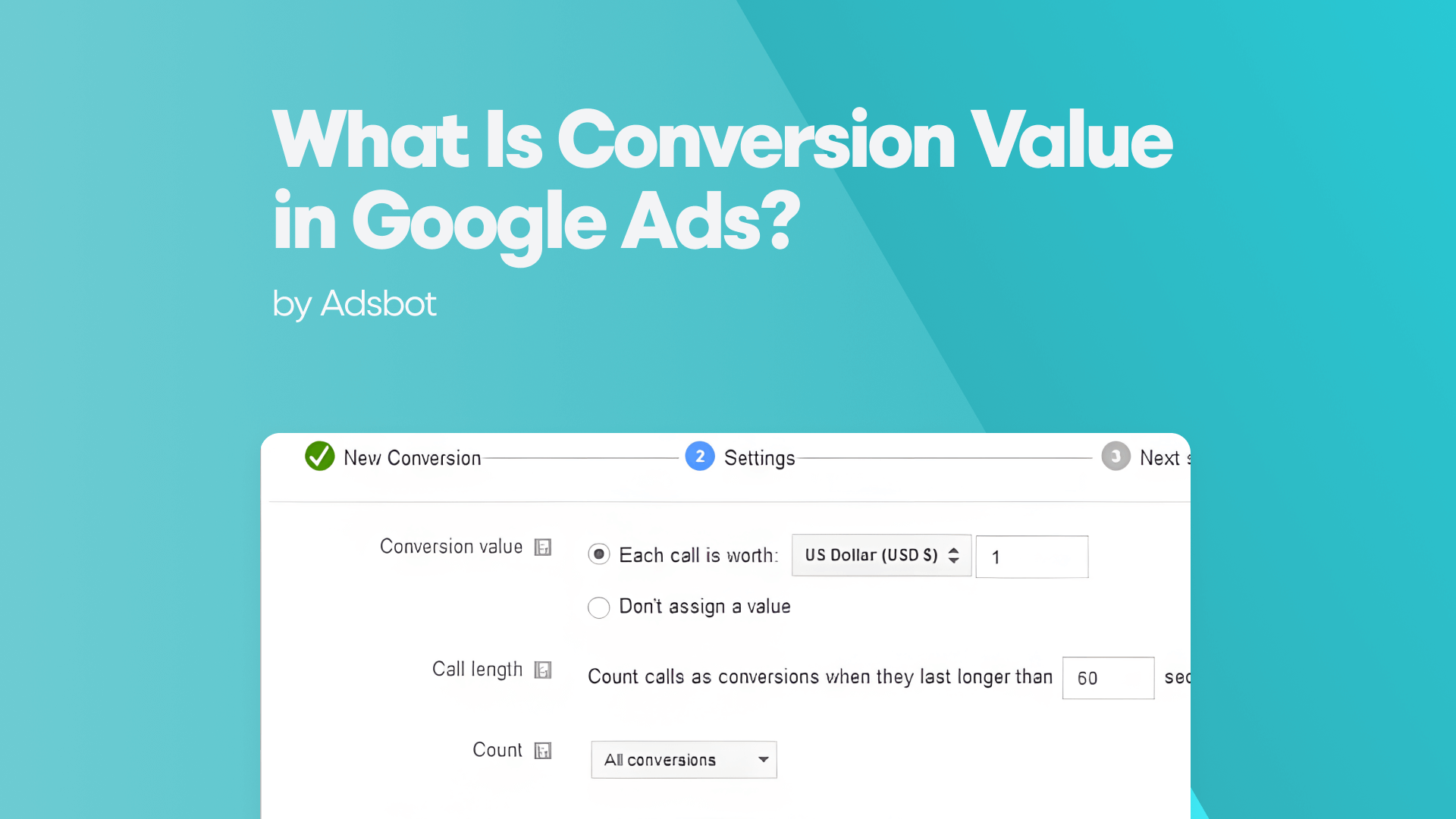Picture this: You’re running a Google Ads campaign, but despite your best efforts, conversions are stagnant, and your keyword reach feels painfully limited. What if there was a way to cast a wider net without sacrificing precision, while letting machine learning handle the heavy lifting of bid optimization? That’s exactly what happens when you combine Smart Bidding with Broad Match, a powerhouse duo that’s reshaping how advertisers maximize ROI in paid search. Whether you’re a seasoned PPC specialist or a small business owner diving into digital ads, this strategy unlocks higher conversion rates, broader audience discovery, and automated efficiency, all while reducing manual guesswork.
But how does it work, and why should you care? In this guide, we’ll break down the mechanics of Smart Bidding, demystify Broad Match keywords, and reveal why their synergy is a game-changer for campaigns of any size. By the end, you’ll not only understand the tangible benefits of this approach but also how to implement it to outperform competitors who are still relying on outdated bidding strategies. Let’s dive in.
What Is Smart Bidding and How Does It Work?
Smart Bidding is Google’s AI-driven bidding strategy designed to optimize conversions or conversion value in real time by leveraging machine learning. Unlike manual bidding, which relies on static rules or human intuition, Smart Bidding dynamically adjusts bids for each auction based on a vast array of signals, including device type, location, time of day, remarketing lists, and even user behavior patterns. This means your ads aren’t just competing for visibility; they’re strategically positioned to win the most valuable clicks based on historical and predictive data.
At its core, Smart Bidding operates on four key strategies: Maximize Conversions, Target CPA (Cost Per Acquisition), Target ROAS (Return on Ad Spend), and Enhanced CPC. Each serves a distinct purpose, from driving volume to hitting specific profitability targets. For example, if you’re an e-commerce brand, Target ROAS can automatically prioritize bids for users more likely to generate high-revenue purchases, while Maximize Conversions might be ideal for lead-generation campaigns. The system continuously learns from performance data, refining its predictions to improve results over time, even accounting for external factors like seasonality or market trends. Critically, Smart Bidding doesn’t work in isolation; it thrives when paired with high-quality conversion tracking and sufficient data volume to train the algorithm effectively.
Benefits of Combining Smart Bidding with Broad Match
The most transformative advantage of this combination is the ability to capture high-intent conversions from searches you’d otherwise miss, without sacrificing bid efficiency. By leveraging Broad Match’s expansive reach alongside Smart Bidding’s precision, advertisers can discover new, high-value keywords while ensuring bids are optimized for conversions, not just clicks. Other key benefits include:
- Automated Efficiency: Smart Bidding eliminates the need for manual bid adjustments across thousands of potential Broad Match variations, saving hours of labor while improving performance. The AI handles bid modulation in real time, freeing you to focus on strategy.
- Audience Expansion: Broad Match exposes your ads to semantically related searches beyond exact keywords, including long-tail queries and emerging trends. Smart Bidding then filters these opportunities to prioritize those most likely to convert.
- Higher Conversion Rates: Google’s data shows that campaigns using Smart Bidding with Broad Match see up to 20% more conversions at a similar CPA compared to manual bidding with exact match. The algorithm identifies patterns humans might overlook, such as which broad terms drive downstream revenue.
- Adaptability to Market Changes: Whether it’s a sudden spike in demand or a new competitor entering the space, Smart Bidding adjusts bids dynamically to maintain performance, while Broad Match ensures you’re not limited by rigid keyword lists.
- Cost-Effective Scaling: For businesses looking to grow, this duo allows you to test new markets or product lines without overhauling campaigns. The AI identifies profitable niches within broad searches, reducing wasted spend on irrelevant clicks.
The synergy here is undeniable: Broad Match casts the net wide, while Smart Bidding ensures you’re only paying for the fish worth keeping. For advertisers tired of the trade-off between reach and precision, this approach delivers both scale and sophistication.
Understanding Broad Match Keywords in Search Campaigns
Broad Match is the most inclusive keyword matching option in Google Ads, allowing your ads to show for searches that include misspellings, synonyms, related searches, and other relevant variations, even if the exact keyword isn’t present. For example, if your Broad Match keyword is “running shoes,” your ad might appear for queries like “best sneakers for jogging,” “affordable athletic footwear,” or “where to buy trainers.” This flexibility is a double-edged sword: it maximizes visibility but can also attract irrelevant traffic if not managed carefully.
Historically, advertisers avoided Broad Match due to fears of wasted spend on low-intent searches. However, with advancements in machine learning and Smart Bidding, this risk is mitigated. Google’s algorithms now better understand user intent and context, ensuring Broad Match queries align more closely with your campaign goals. For instance, if you’re selling luxury watches, Broad Match might trigger ads for “high-end timepieces” but suppress bids for “cheap wristwatches.” The key is to pair Broad Match with robust negative keyword lists and conversion-focused bidding strategies to refine its effectiveness. When used strategically, Broad Match becomes a discovery engine, uncovering valuable search terms you’d never think to target manually.
How Smart Bidding Optimizes Bids in Real Time
Smart Bidding’s real-time optimization is powered by Google’s vast dataset and machine learning, analyzing over 70 million signals per second to determine the ideal bid for each auction. This goes far beyond traditional bidding factors like keyword relevance or ad rank; the system evaluates user behavior patterns, such as past interactions with your site, cross-device activity, and even offline conversions (if tracked). For example, if a user frequently browses your product pages but hasn’t purchased, Smart Bidding might increase bids when they search again, recognizing their high purchase intent. Other key factors include:
- Contextual Signals: Time of day, device type, and location are weighed to adjust bids. A mobile user searching at 2 AM might see a lower bid than a desktop user during business hours if historical data shows the latter converts better.
- Audience Data: Remarketing lists, customer match audiences, and similar audiences inform bid adjustments. A returning visitor might trigger a higher bid than a first-time searcher.
- Competitive Landscape: Smart Bidding monitors auction dynamics, such as competitor bids and ad quality, to ensure your ads remain competitive without overpaying.
- Conversion Probability: The algorithm assigns a predicted conversion rate to each search query, using this to modulate bids. A Broad Match term with a 10% conversion probability might get a 30% higher bid than one with 5%.
- Budget Pacing: To avoid exhausting daily budgets too early, Smart Bidding distributes bids strategically throughout the day, prioritizing high-value auctions during peak conversion windows.
The result is a self-optimizing system that improves with more data. Unlike manual bidding, which requires constant tweaking, Smart Bidding adapts to seasonal trends, new competitors, and shifting user behavior, all while maintaining your target CPA or ROAS. For Broad Match campaigns, this means you’re not just casting a wide net; you’re intelligently fishing where the biggest catches are.
The Role of Broad Match in Expanding Keyword Reach
Broad Match acts as a force multiplier for keyword discovery, exposing your ads to searches you’d never anticipate, including long-tail queries, voice searches, and emerging slang that exact or phrase match might miss. Consider a travel agency targeting the keyword “Europe vacation packages.” With Broad Match, their ads could appear for “best deals for family trips to Italy,” “affordable summer getaways in Spain,” or even “honeymoon destinations in Greece.” These variations often represent high-intent, low-competition opportunities that an exact match would overlook.
Moreover, Broad Match helps advertisers future-proof their campaigns by adapting to evolving search behavior. As language and trends shift (e.g., “AI tools” replacing “machine learning software”), Broad Match ensures your ads remain relevant without constant keyword updates. When combined with Smart Bidding, this reach expansion isn’t just random; it’s strategically filtered to prioritize queries that align with your conversion goals. For example, a SaaS company might discover that Broad Match uncovers niche use cases for their product (e.g., “software for remote team collaboration”), which they can then add as exact match keywords or refine with negative keywords. The result is a self-improving campaign that grows smarter with every search. For advertisers looking to maximize this potential, platforms like Adsbot offer powerful AI analysis and reporting dashboards to turn this continuous stream of data into actionable growth strategies.
Popular Posts
-
How Many Keywords Should Be In an Ad Group in Google Ads?
For the vast majority of modern campaigns, the ideal number…
Read more -
Google Ads Script for Dummies: An Introduction
Imagine you have an e-commerce website that sells licensed superhero…
Read more -
Google Ads Sitelink Character Limits
Your Google Ads are cutting off in the middle of…
Read more -
What Is Conversion Value in Google Ads?
What if you could put a price tag on every…
Read more
Register for our Free 14-day Trial now!
No credit card required, cancel anytime.





